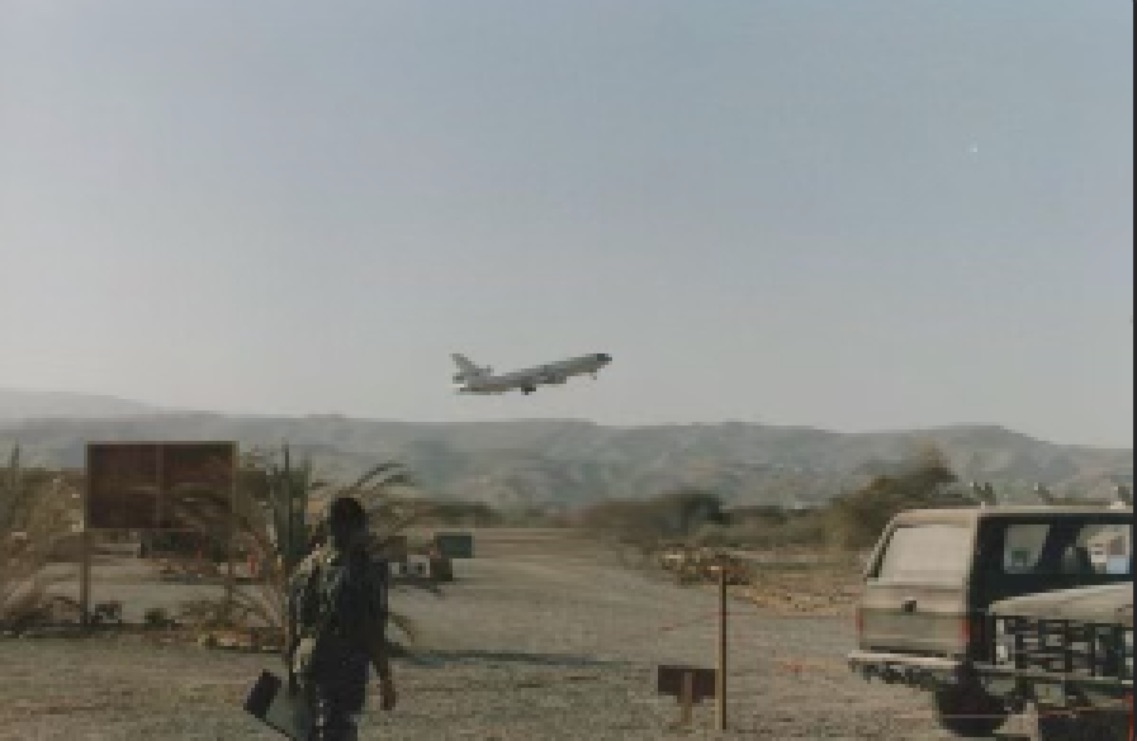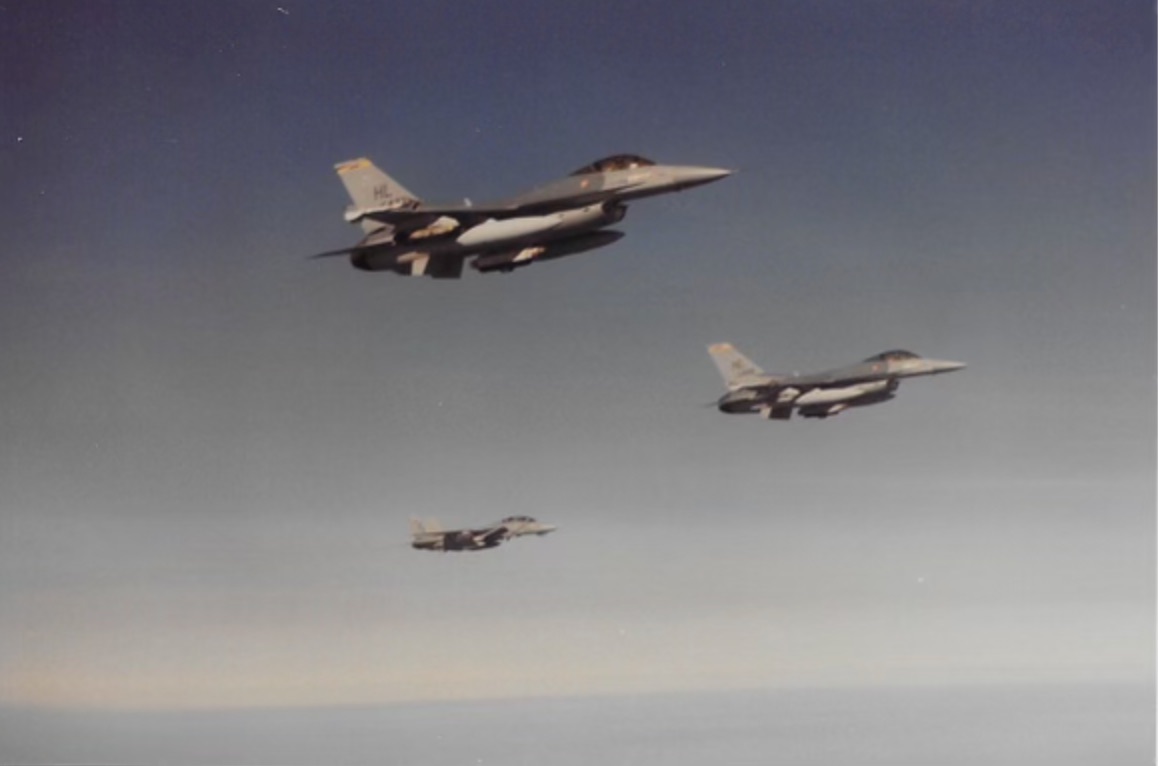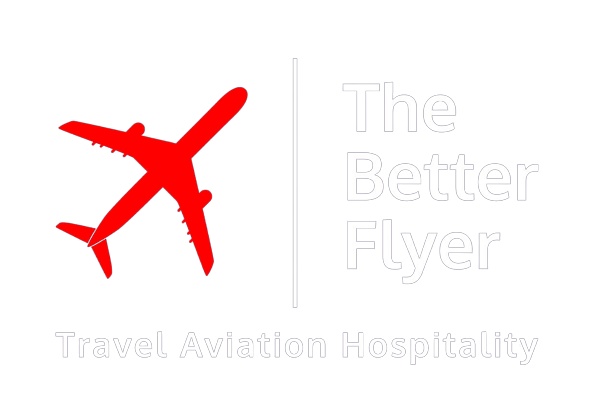Our time in the desert took place before cell phones, the internet, or email. I wrote and received a lot of letters, most to and from friends and family in the States, but others were exchanged with kind-hearted Americans writing letters addressed “To Any Serviceman.” These were pen pal-type letters written by school kids, military veterans and even another David Dale that I wasn’t related to.
Time For One More Phone Call
Camp Nacirema had one telephone tent with phones placed in wooden cubicle-style booths. A camp member could sign up for a 10-minute time slot and call home collect. The trick to holding down the cost was to call my family, give them my international phone number in Oman and have them call me back quickly at the cheaper rate. I spoke to my mom in Houston on January 15 and called my dad in Denver at 9:30 p.m. Oman time (10:30 a.m. Mountain Time) on January 16. I spoke briefly to him, relaying my number and hung up, then waited for the callback. I sat by the quiet phone for my allotted ten minutes but it never rang.
Once my time slot closed, I headed back to my cot and off to sleep. Meanwhile back in the U.S., my dad couldn’t get the call to go through, so he called Karin in Louisiana. What they discovered is that he was dialing 001 followed by the phone number, but 001 is for calls going to the States. He needed to dial 011 followed by my number in Oman. This was all figured out once I was in bed. Two hours later the telephone tent was shut down for what would turn out to be two weeks.

Sometime after midnight, Major Jan Swickard, our DO, stepped quietly into our tent of eight sleeping crewmembers and gently woke up Randy, Eric, Mike, and me. We were chosen to fly our camp’s first mission of Desert Storm. We slipped on our flightsuits, pulled on our boots, and I quickly wrote out what might have been a last letter home to my wife and stuck it in my deployment bag.
Last Letter Home: January 16, 1991 (fortunately, never mailed)
My Dearest Karin, This is it. Randy & I were just notified that we will be flying the first real mission in support of the offensive. Everyone has studied, and our crew is one of the best prepared here. Randy has read and asked a lot of questions about tactics. Mike has been a real positive influence on the crew with his “let’s do it” attitude. Eric is a good boom operator who takes his job seriously in the air. Randy and I proofed the flight plans for the operations folks and pointed out pretty useful corrections.
Except for our wedding day and the birth of Daniel, this has been one of the most important times of my life. I’ve been able to make real contributions at a time when they really count. I’m so sorry we’re not together. I honestly have not had a single day in the last 49 days when I have not thought of you and our great son Daniel. No matter how mad I’ve ever gotten at you in the last 6 years, you have always been one of the most beautiful women I’ve ever met. I thank you for the fantastic support you’ve given me, especially in the tough times. Our year at UPT seemed to be our best. I hope Daniel continues to grow big and strong. He is the pride of our lives. Tell him I LOVE HIM more than anything in the world. Take care always.
Love Forever, David
PS: Mom, Dad, Lucy, Hannah, and Jack –
I LOVE YOU ALL
Suited Up And Ready To Go
We gathered in the operations tent for the mission briefing and signed out the necessary communications gear, enabling our KC-10 radios to make and receive encrypted radio calls undetectable to the Iraqis. We piled into the blue Air Force pick-up truck and drove out to our waiting KC-10 to begin the preflight. In our haste to get moving, we forgot our bag of protective chemical gear. We needed it if we returned to a base that had received a chemical attack while we were gone, which was a real possibility. The Supervisor of Flying, or SOF, quickly brought us the large green canvas bag of gasmasks, large black rubber gloves, and green rubber boots.
This story and more in David Dale’s Book on Amazon and Amazon Kindle
We took off in the dead of night and headed northwest to refuel F-15s from the 1st Fighter Wing, deployed from Langley AFB, Virginia. Our mission that night lasted seven and a half hours and was all accomplished in radio silence. Other than checking in with the E-3A AWACS providing air traffic control in the sky that night, it was pretty quiet on the radios. The F-15s provided a Combat Air Patrol, or CAP — a protective air cover to the warfighters in the desert below. Like hummingbirds returning to a feeder, the four fighter jets came to us two at a time throughout our mission as we orbited in a left-hand 30-mile racetrack over northern Saudi Arabia.

By the time we landed at sunrise in Oman, we weren’t really certain that the war had actually begun. We completed our mission debrief and turned in our classified communications gear, then headed to the TV Tent to watch the CNN coverage of the beginning of Operation Desert Storm.
Like everyone in the U.S., we watched the reports from Bernard Shaw and Wolf Blitzer showing the snaking green anti-aircraft tracers arcing over Baghdad, something we would eventually see ourselves. For now, it was time for breakfast and sleep.

